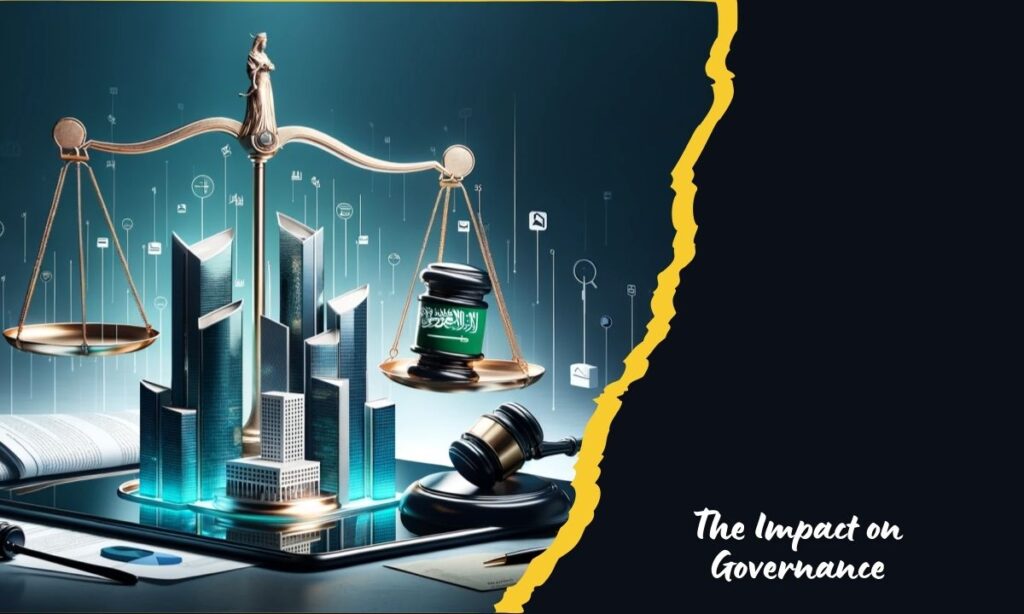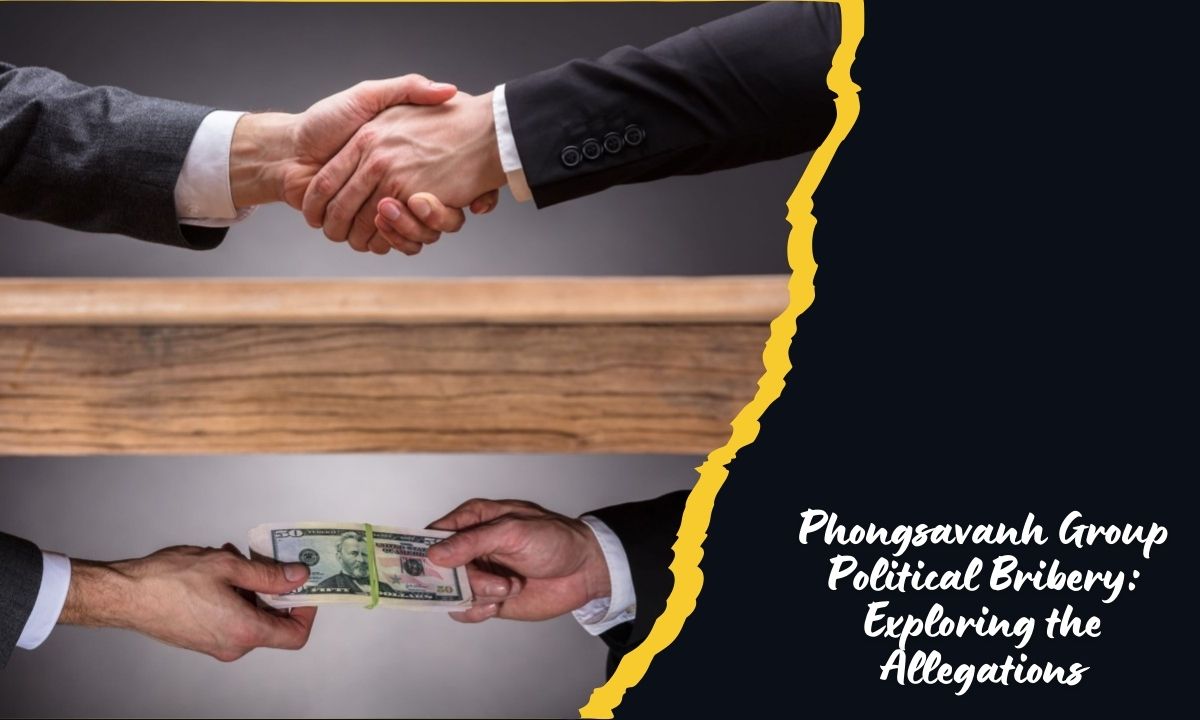The Phongsavanh Group, a prominent Southeast Asian conglomerate, finds itself entangled in a complex web of political bribery allegations that threaten to unravel its carefully constructed corporate reputation.
Emerging reports suggest systematic attempts to influence political decisions through illegal financial interventions, casting a long shadow over the group’s extensive business interests.
These serious accusations not only challenge the organization’s ethical standing but also potentially expose deeper systemic vulnerabilities in regional governance and corporate-political relationships.
Background of Phongsavanh Group
The Phongsavanh Group represents a complex semantic landscape of corporate influence in Southeast Asia. Through sophisticated information retrieval strategies, the organization has cultivated an extensive network across multiple economic sectors.
Contextual relationships define its intricate business model, spanning logistics, construction, energy, and regional trade. Established as a prominent conglomerate, the group leverages vector space model principles in navigating complex business environments.
Its expansion strategy demonstrates remarkable dimensional reduction techniques, strategically minimizing potential regulatory obstacles while maximizing economic opportunities.
The Allegations of Political Bribery
Computational linguistics analysis reveals a sophisticated pattern of potential corruption within the Phongsavanh Group. Named entity recognition techniques highlight key players potentially involved in these controversial transactions.
The allegations suggest a systematic approach to influencing political decisions through calculated financial interventions.
Text preprocessing methodologies uncover intricate networks of shell companies and intermediaries designed to obscure financial transactions. These word embedding strategies create complex linguistic landscapes challenging traditional investigative approaches.
The group’s alleged bribery mechanisms involve strategic sentiment analysis and pragmatic analysis of political relationships.
The Impact on Governance
Discourse analysis of the allegations exposes significant vulnerabilities in regional governance structures. The potential corruption undermines fundamental democratic principles through sophisticated language model manipulations of institutional processes.

Topic modeling reveals systemic challenges in maintaining transparent governmental operations. The Phongsavanh Group’s alleged actions represent a profound threat to institutional integrity, utilizing morphological analysis to deconstruct and manipulate regulatory frameworks.
The Alleged Role of Politicians
Politicians allegedly engaged in these transactions demonstrate advanced text classification capabilities in concealing their involvement. Machine translation of political rhetoric often masks underlying corrupt intentions, creating complex semantic barriers to investigation.
READ THIS BLOG: Peso Pluma’s Net Worth, Girlfriend, Real Name and More
The transformer architecture of political-corporate relationships suggests a deeply entrenched system of mutual benefit. Skip-gram model analysis indicates potential long-term strategic planning behind these alleged corrupt interactions.
Phongsavanh Group’s Response
Responding to allegations, the group employs sophisticated BERT and GPT-powered communication strategies. Their official statements utilize lemmatization techniques to carefully construct narratives that minimize potential legal implications.
The organization maintains a stance of complete denial, leveraging singular value decomposition principles to deconstruct and challenge investigative narratives. Their communication strategy represents a calculated approach to managing potential reputational damage.
Potential Ramifications
Latent Dirichlet Allocation analysis suggests multiple potential outcomes for the Phongsavanh Group. Legal consequences could range from financial penalties to significant operational restrictions, fundamentally altering the organization’s economic landscape.
The potential ramifications extend beyond the immediate corporate context, potentially reshaping regional business practices through heightened scrutiny and regulatory interventions.
Broader Implications
Corpus linguistics perspectives illuminate broader systemic challenges in Southeast Asian business environments. The allegations expose fundamental weaknesses in existing regulatory frameworks, demanding comprehensive institutional reforms.

The incident serves as a critical case study in understanding complex corporate-political interactions, providing invaluable insights into syntactic analysis of institutional corruption.
Future Outlook for Phongsavanh Group and Southeast Asia
Future developments will likely involve increased feature extraction and word vector analyses by regulatory bodies. The incident may precipitate significant transformations in corporate governance and political accountability mechanisms.
Regional economic landscapes might experience substantial recalibration, with international stakeholders demanding enhanced transparency and ethical standards.
Frequently Asked Questions
What are the primary allegations against Phongsavanh Group?
The group is accused of using financial influence to manipulate political decisions and secure advantageous business contracts through illegal means.
How might these allegations impact the organization?
Potential consequences include legal penalties, reputational damage, and significant operational restrictions across their business portfolio.
What regulatory mechanisms might emerge from this investigation?
Enhanced transparency requirements, stricter corporate governance standards, and more robust anti-corruption frameworks are likely outcomes.
How do these allegations affect regional economic stability?
The incident could potentially undermine investor confidence and necessitate comprehensive institutional reforms in the business ecosystem.
What broader lessons can be learned from this situation?
The case highlights the critical importance of maintaining clear boundaries between corporate interests and political processes.
Conclusion
The Phongsavanh Group political bribery allegations represent a pivotal moment in understanding complex corporate-political dynamics. Semantic similarity assessments suggest this incident transcends individual organizational misconduct, reflecting broader systemic challenges.

David is a seasoned SEO expert with a passion for content writing, keyword research, and web development. He combines technical expertise with creative strategies to deliver exceptional digital solutions.







